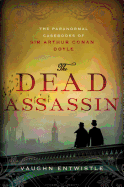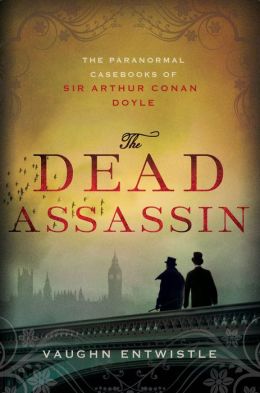 Vaughn Entwistle struck literary pay dirt when he partnered Sherlock Holmes's creator and Oscar Wilde in The Revenant of Thraxton Hall, the first Paranormal Casebooks of Sir Arthur Conan Doyle mystery, in which Doyle is the detective and Wilde is his Watson. The dynamic duo has turned up again, this time in The Dead Assassin, and more good fun awaits.
Vaughn Entwistle struck literary pay dirt when he partnered Sherlock Holmes's creator and Oscar Wilde in The Revenant of Thraxton Hall, the first Paranormal Casebooks of Sir Arthur Conan Doyle mystery, in which Doyle is the detective and Wilde is his Watson. The dynamic duo has turned up again, this time in The Dead Assassin, and more good fun awaits.
London, 1895: Detective Blenkinsop requests Doyle's assistance one very foggy evening at the site of a "murder most 'orrible." Wilde accompanies him. They're told that Lord Howell, the prime minister's Secretary of War, has been found dead in his home, the front door completely smashed in, as was his bedroom door. His body was thrown against the wall with unimaginable force. He lies on the floor in a vast pool of blood, his neck completely turned around "by someone with a demon's grip." But the blood isn't his. He fired off six shots from his revolver. How could a person have walked away from that? Doyle, Wilde and Blenkinsop follow a trail of footprints down the street to discover a body in the dense fog outside, riddled with bullets. The detective recognizes him--Charlie Higginbotham, a murderer who was hung for his crime last week.
Back at the house, pompous Commissioner Burke has found a servant contorted and hidden in a cupboard, blood streaming from a bullet wound but alive. When material relating to Bolsheviks, anarchists and Fenians is found in his room, Burke proclaims he has found the murderer. Doyle, returning from his discovery, disagrees. But when the group attempts to retrieve Higginbotham's body minutes later, his body is gone. This most strange game is now afoot with the killer or killers able to strike again.
Entwistle inserts a love interest for Doyle. Doyle's wife is an invalid, but he still goes out for dinners and plays. He meets a radiant young woman, Miss Jean Leckie. Readers may judge him a bit of a cad for this, but they can't dismiss his and Wilde's witty banter and comfortable friendship as they put their substantial intellectual skills to the task of solving the murder. Entwistle injects the "Fog Committee," whose members included Lord Howell, as a sidelight. The committee is convinced that the recent, unusually dense fogs are "purely a function of the vagaries of the English climate," and any theories about London's excessive burning of coal in some way contributing to it is a "fantastical theory."
The Dead Assassin's paranormal aspects are lightly and intriguingly laid into the story. And even though Entwistle's portrait of Doyle isn't at the level of some other portrayals, this is a most entertaining pastiche pot-boiler with luscious Victorian atmosphere and ambiance. --Tom Lavoie, former publisher
Shelf Talker: The second installment in the Sir Arthur Conan Doyle and Oscar Wilde investigations into Victorian crimes and the paranormal is a fine piece of divertissement.
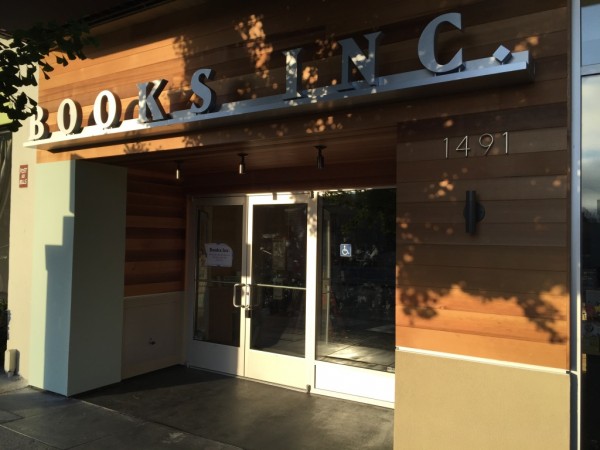










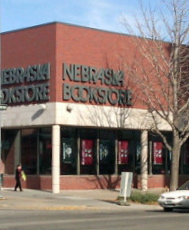 The Nebraska Bookstore Co.'s flagship store, in Lincoln, home of the University of Nebraska, is
The Nebraska Bookstore Co.'s flagship store, in Lincoln, home of the University of Nebraska, is  Total industry attendance at BookExpo America, May 27-29, rose 5.2%, to 20,895, compared to BEA 2014, while total attendance fell 1.2%, to 10,832,
Total industry attendance at BookExpo America, May 27-29, rose 5.2%, to 20,895, compared to BEA 2014, while total attendance fell 1.2%, to 10,832,  Amazon has opened its one-million-square-foot
Amazon has opened its one-million-square-foot 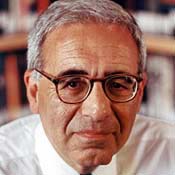

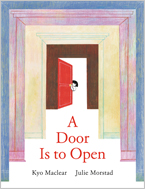
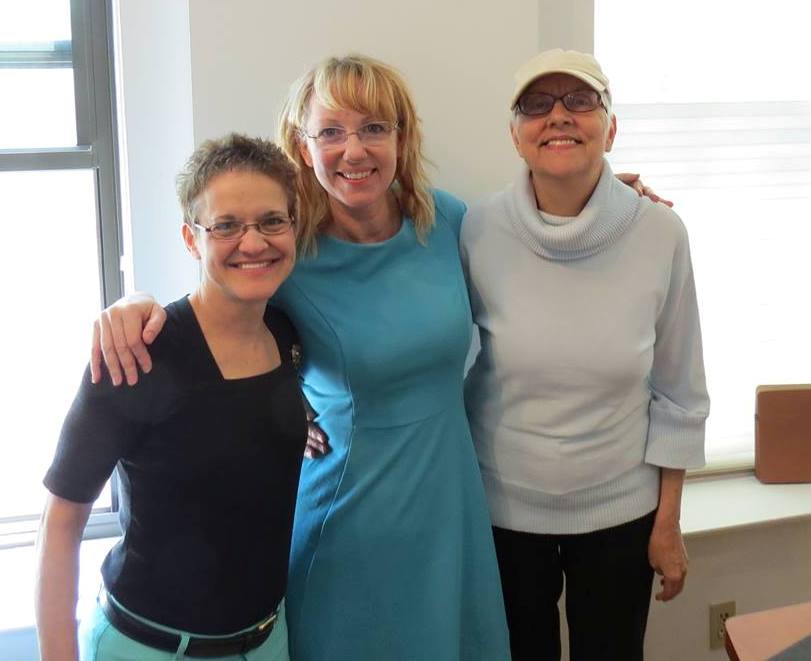
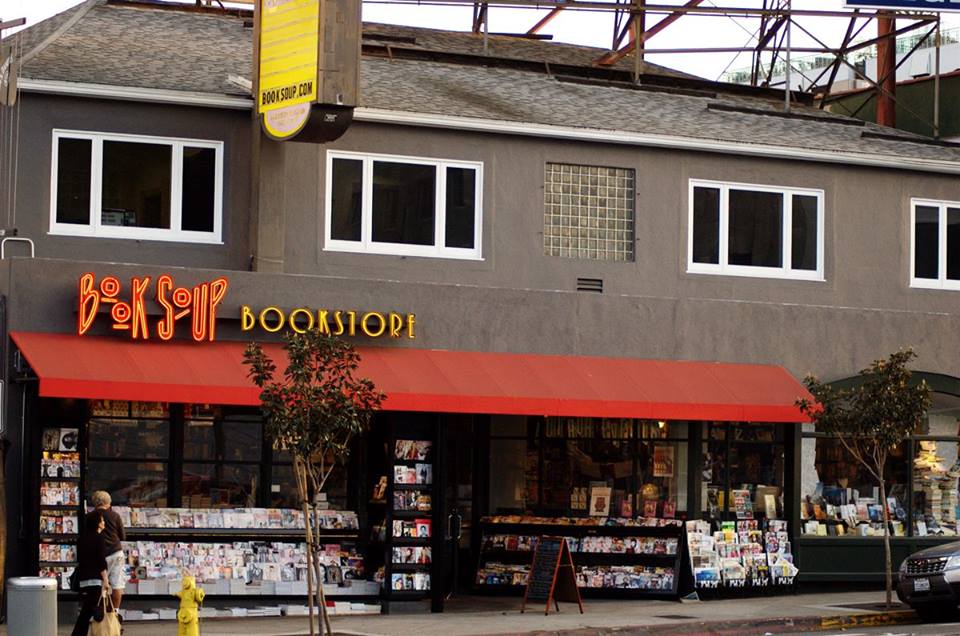 Congratulations to
Congratulations to 
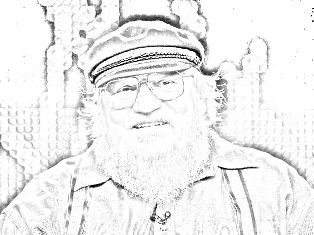 In a merger of a
In a merger of a 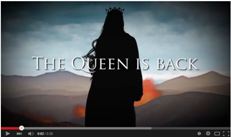 The Invasion of the Tearling
The Invasion of the Tearling
 Vaughn Entwistle struck literary pay dirt when he partnered Sherlock Holmes's creator and Oscar Wilde in The Revenant of Thraxton Hall, the first Paranormal Casebooks of Sir Arthur Conan Doyle mystery, in which Doyle is the detective and Wilde is his Watson. The dynamic duo has turned up again, this time in The Dead Assassin, and more good fun awaits.
Vaughn Entwistle struck literary pay dirt when he partnered Sherlock Holmes's creator and Oscar Wilde in The Revenant of Thraxton Hall, the first Paranormal Casebooks of Sir Arthur Conan Doyle mystery, in which Doyle is the detective and Wilde is his Watson. The dynamic duo has turned up again, this time in The Dead Assassin, and more good fun awaits.